I had a home inspection performed on an old house recently. The inspector noticed that some of the outlets had an unconnected third prong. He told me that the absence of a grounding conductor on the outlet wouldn't cause any harm to the home's electrical system itself, but that modern appliances that are designed to work with a 3-prong outlet could be damaged if the grounding conductor is unconnected. He used an example of a television set and mentioned that the t.v. could be fried by an unexpected voltage transient from the grid, and then mentioned something about currents travelling in the wrong direction.
I didn't feel like starting an argument so I didn't press him on this issue, but what he was saying sounded completely bogus to me. I thought the grounding conductor was meant to protect the device user from harm, not the device itself? However, he seemed like a pretty competent guy, so I'm wondering if there's actually any truth to his claims?


